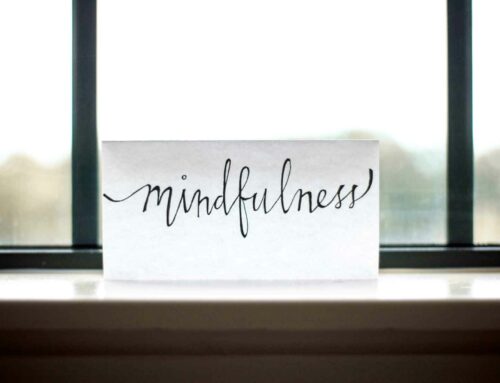With Thanksgiving quickly approaching, what better time than to highlight the Dialectical Behavior Therapy skills of THANKS.
One of the fundamental skills in DBT, THANKS is an acronym that stands for
Taking a break
Have a positive event
Acknowledge your real self
Nurture yourself
Keep adding positives
Sensations
Let’s break it down!
Taking a Break (T)
In our fast-paced, modern world, we often forget to pause and reflect on our thoughts and feelings. Taking a break involves stepping back from the chaos of everyday life and finding a quiet space for yourself. This break can be as short as a few deep breaths, a brief walk, or a full-on meditation session. By doing so, you create a mental and emotional space to engage with the remaining components of THANKS effectively.
Have a Positive Event (H)
Focusing on the positive encourages you to engage in something enjoyable or rewarding. It could be as simple as watching your favorite TV show, reading a book, or spending time with a loved one. This step is crucial because it shifts your focus from negative emotions or thoughts to positive ones, fostering a more balanced emotional state.
Acknowledge Your Real Self (A)
Ask yourself to confront your emotions and thoughts without judgment. Self-acceptance is a cornerstone of DBT, and this step encourages you to be honest with yourself about what you’re feeling. It’s essential to recognize that your emotions, whether positive or negative, are valid, and acknowledging them can help you process and manage them effectively.
Nurture Yourself (N)
Put an emphasis on self-compassion and self-care. It’s easy to neglect self-care in the hustle and bustle of life, but it’s a critical aspect of maintaining good mental health. Take time to engage in activities that rejuvenate your mind and body, such as taking a warm bath, practicing mindfulness, or treating yourself to a favorite meal. By nurturing yourself, you can build emotional resilience.
Keep Adding Positives (K)
Again, focusing on the positive encourages you to continue incorporating positive experiences and emotions into your life. This step is about building a consistent and sustainable habit of recognizing the good things around you. It’s not just a one-time thing; it’s a mindset shift towards appreciating the positives in your life on an ongoing basis.
Sensations (S)
This final step encourages you to be mindful of your physical sensations. Focus on your five senses – touch, taste, sight, sound, and smell. By grounding yourself in the present moment, you can reduce anxiety and stress, making it easier to address your emotions and thoughts in a balanced manner.
The THANKS skill, with its structured approach, can be an effective tool for improving emotional regulation, increasing self-awareness, and enhancing your overall mental well-being. By practicing this skill regularly, you can develop a more balanced and resilient mindset, allowing you to navigate life’s challenges with greater ease. Remember that practice makes perfect, so regularly incorporating the THANKS skill into your daily routine can lead to significant positive changes in your life.





